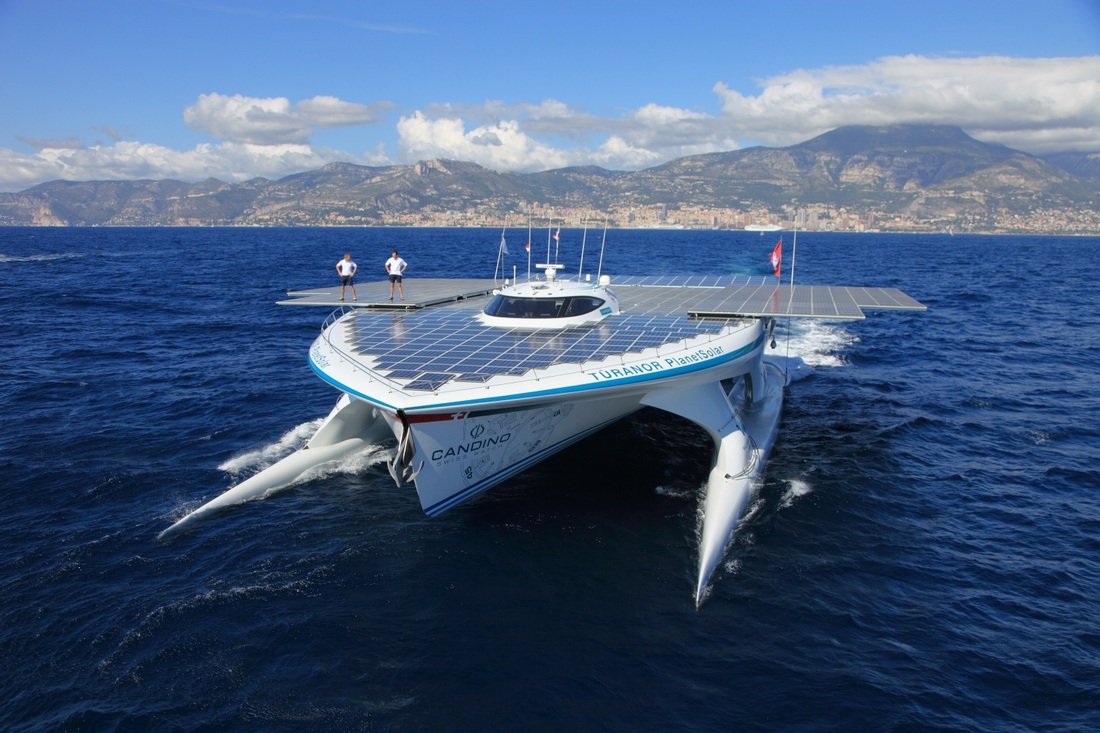|
There is plenty of stuff out there to spend your time reading about marine litter. It is good to get some guidance to find the most relevant right away e.g. as a entry to know where to start or as a quick reference in case one is asking.
One example is Nick Wehner's article on www.marinedebris.info which provides a set of Top 10 must read articles about marine debris allowing to take a first dive into the subject. Also good to visit NOAA's page on marine debris. If you like check out the link collection here at Floating Horizon which focuses (on this website) mainly on things helpful to assess the right technology for one or the other purpose around marine litter. Perhaps one of the tricky things is that the collection has to filter out not only the low quality sources but also sources which are very good in quality but not relevant for one or the other interest, so it might become equally interesting to read what is not written ;) . Enjoy the Day!
0 Comments
I was asked if, based on the video from BBC http://www.bbc.com/news/world-latin-america-25635140, the idea to try to clean up the bay with boats is feasible until the Olympic games? So I carried together a few assumptions to make a rough estimate. Please do not take this for granted as it is based on very little available information. I hope that other measures are additionally taken on land to reduce the litter entering the water body but this might take longer time than hitting the target 2016 to have a clean bay. Just cleaning alone will not create a sustaining improvement. I made just some rough assumptions based on technical economical point of view and based on the BBC video (click more to read). I can't make any remarks concerning impact on the environment. The info which I got from the video:
Conclusion: If such a venture focuses on the hot spots and would drive with the small units systematically along the shore and focus on hot spots plus using the bigger one to drive in a ZIG ZAG manner across the bay it can work and before 2016. With total cost of around 3 to 4 million it seems to fit into the 840 million total budget below the 5% line which might make sense for something that is for fixing the effects but not to cure the source. The system needs good navigation to stay effective (GPS tracking to record surface coverage + fluid particle simulation + a few fast boats to monitor and identify hot spots). As the water is in constant movement it is hard to clean an area. But this is true for every solution. And at the given traffic in the bay a big solution is not handy. A river mouth solutions could change that. Saturday and Sunday I had the honor to present project Floating Horizon at the world largest plastics fair which is called K (Kunststoffe) in Duesseldorf Germany.
I presented the findings from the conceptional first vision which I did in 2010, the cost estimation and the conclusion that there are too many unknowns and risks right now to propagate a large ocean clean up by robotic vessels (still working on getting the message to the point). Prevention is the key driver to reduce the amount of new litter reaching the oceans. In addition and particularly based on all the discussions, insights and work I will try to proceed in the development of a robotic filtration vessel but with the aim to evaluate solutions for efficient ways to take particle samples out of the water. The reason is that monitoring is an important element to observe achievements linked to the implementation of the MSFD (PDF of the Marine Strategy Framework Directive). To my today's knowledge, a robotic vessel could lower the cost of monitoring and lowers the resource footprint and impact to environment by much less fuel consumption. After the presentation I had the great honor to speak with Mr. ZeroNaut John Elkington. The presentation and the topic Marine Litter was well accepted by the audience. And I am very happy to experience that people are curious to know more about Marine Litter as an issue and to discuss the issue of littering, waste management and recycling and how to drive change. Already much has changed and awareness is quite high now. I am looking forward with confidence even if lots of work is ahead. The presentation was recorded at the Bayer MaterialScience booth, Great to see that a great and successful prject like the Planet Solar will have a further life and making a difference on its way. Planet Solar, a Swiss-based initiative founded in 2004, made headlines earlier this year after completing the first circumnavigation of the world in a boat powered only by solar energy. The MS Tûranor Planet Solar is the largest solar vessel ever built, and contains state of the art technology in the field of composite manufacturing and storage of solar energy. |
Archives
November 2014
Categories |


 RSS Feed
RSS Feed
